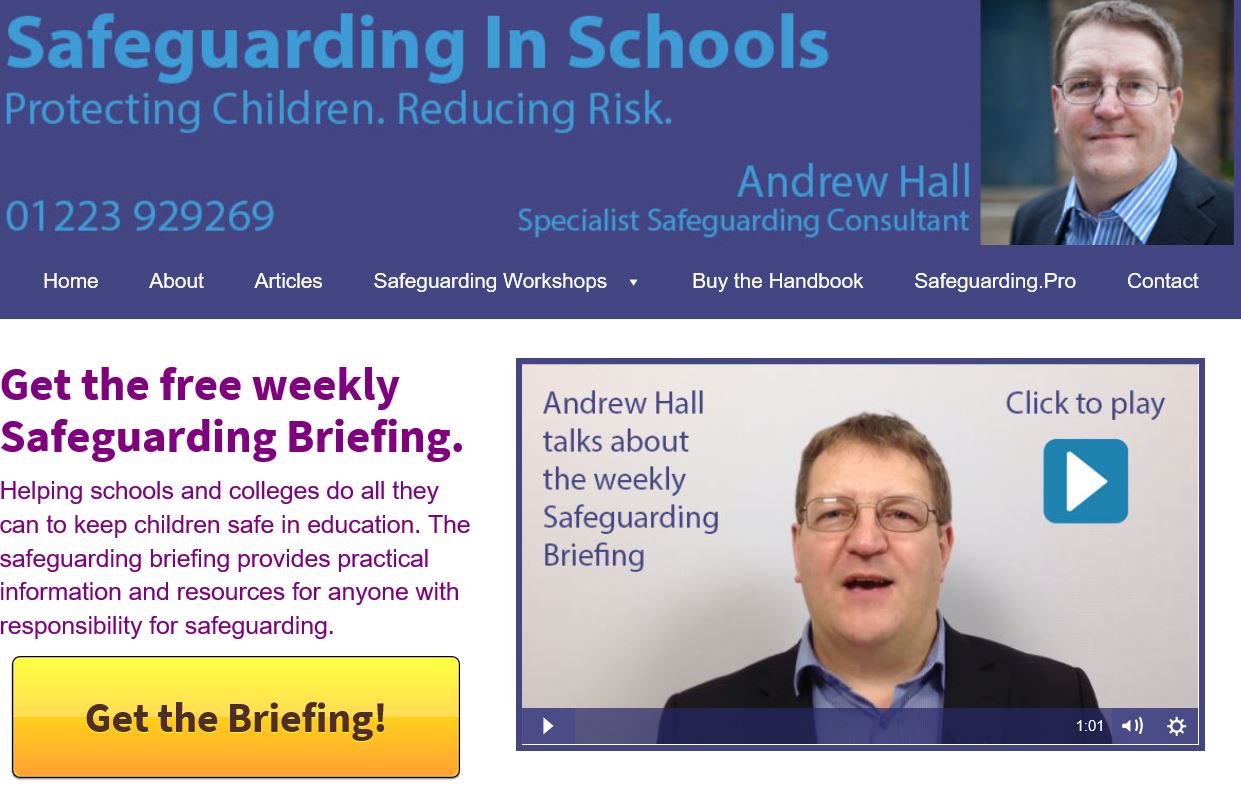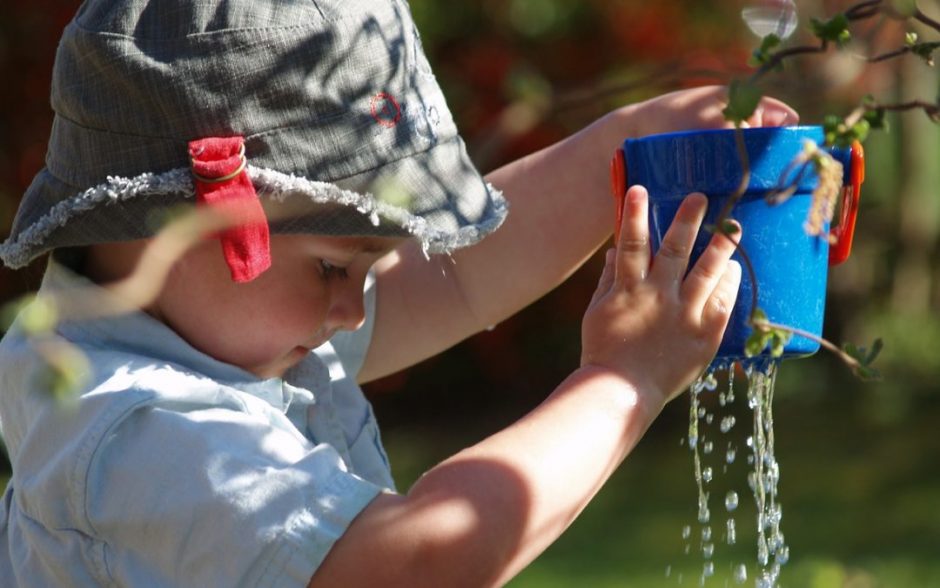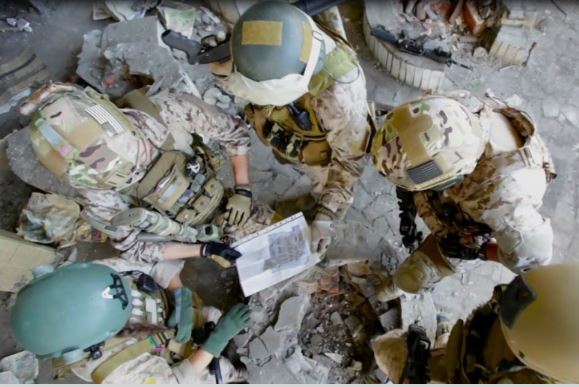Andrew Hall’s weekly safeguarding briefing is essential reading for both myself and the DSL. It covers the key statutory information but also offers timely reminders the promote safeguarding in school throughout the year.
This week Andrew shared a summary video of Keeping Children Safe in Education 2018. It is simple, clear and informative advice. I made notes as I listened, even though there are notes below the video. It encourages me to focus and select the key information.
Keeping Children Safe in Education 2018
School’s Safeguarding Policy: Schools need an individual policy, that takes into account their needs and their circumstances.
SEN and Disabilities are again underlined. Children with these needs are at risk of isolation and face a disproportionate risk of bullying.
Online Safety – there is now a recognition that students have open access to mobile data.
Contextual Safeguarding – it is very important that assessments of children needs to take into account all of their social sphere, not only that in school.
More than one emergency contact for children.
Use of reasonable force (especially when related to SEN and Disability) – “reasonable” means no more force than is needed” or summarily as less use.
Safer Recruitment and the SCR: Certainly there is a focus on the role volunteers (including a risk assessment, which determines whether of not a DBS is required) and that the SCR is accessible in each school.
Section 128 check – is extended to Departmental leads in schools.
Schools are responsible for the Safeguarding of their pupils even and should obtain a written statement from the provider that all barring checks have been completed at that site.
In Proprietor-led schools – the DSL must be sufficiently independent. Written confirmation that duties involve contacting the LADO and any matter than cannot be properly dealt with internally. Schools may consider giving the DSL access to external advice or legal services.
Notes on home-stays or exchange programmes: Enhanced DBS checks (free as volunteers).
Peer on peer abuse – (bullying, physical abuse, sexual violence, harassment, sexting, ‘initiation ceremonies,’ has to be covered in your policy (recorded, investigated and how targeted pupils are supported).
Note: Sexual Violence and Sexual Harassment between children now forms Part 5 and KCSIE and is therefore now statutory and must form part of all staff training.
Induction Training – all staff must read KCSIE Part 1 and if working directly with children Part 1 and Annex A, Staff Code of Conduct, Behaviour Policy and Schools response to children missing education.
4 key topics have been added to Annex A: Children and the court system, children with family members in prison, County lines, Homelessness.
Checklist
- Update CP Policy
- Update Safeguarding PD
- Add more than one emergency contact for each pupil.
- Add SCR column for regulated activity
- Create and complete risk assessments for volunteers
- Ensure s128 checks for department heads
- Written confirmation from any AP provision that they have completed all vetting checks
- DSB for homestays Enhanced DBS Checks
Available here.


